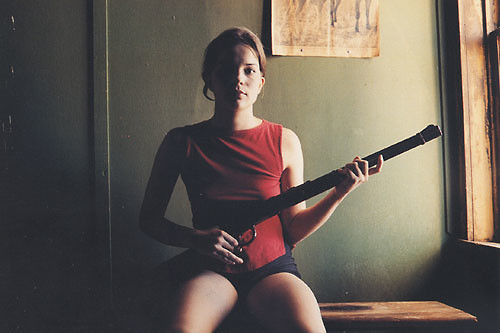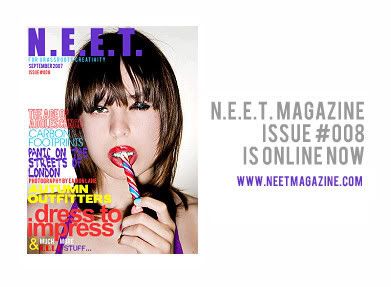When my mother's friend Bette came to visit me the other day, and look over some of my photos, she gave me a list of photographers that my work seemed to be inspired by with out me even knowing it. The first name on the list is Jenny Gage who is often linked in her work with her husband Tom Betterton. To my surprise I found out she too is from Malibu. In a interview I read about her opens up with a quote which sums up my ideology of taking photos these days:
“I ALWAYS SAY, ‘I DON’T WANT TO SEE YOU WITH YOUR CLOTHES OFF. I JUST WANT TO SEE YOU IN YOUR UNDERWEAR.’”
Gage produces photographic series, usually “set” in a single geographic location (Ventura, Jenny Gage’s photographs are like a fashion shoot gone terribly wrong (or terribly right, depending on your opinion of fashion shoots); one can discern nods toward the hyper-produced filmset photography of Gregory Crewdson (with whom she studied at Yale’s MFA program), the lewd, veneered, rec room underworlds of Larry Clark, the menaced feminist iconography of Cindy Sherman, everything laced together with suggestions of a flashier, cretin-free Diane Arbus (Gage’s subjects have all their DNA). A Gage photograph in which a woman kneels naked amongst the rushes reveals an alarming and unattributed protruberance—a breast? A third arm? A tumor? Lord knows—rolling out from beneath her armpit. Beauty turned grotesque and then back into a weary beauty—this is the gorgeously debased yet compelling Gage terrain. Looking at her work, an uncomfortable emotional and physical reckoning can occur. Repugnance, of course, is fascinating, and so are beautiful people looking ugly. This is not a petty schadenfreude, however, but a shifty poking at our own perpetual insecurities about façade-making.
California; Dolores, Colorado), and starring a “young girl” whom Gage has found (or stalked, by her own admission) in the town. These series are not meant to be factual documents of her subject’s life, nor are they entirely make-believe, but joint role-playing ventures that blend autobiography and fantasy—the fantasy of the subject, and the fantasy of the “watcher.” Gage’s oblique narratives are suggestive of sinister events about to transpire, or sinister events that have recently occurred, with the extent of the damage yet to be determined. The mood is always kinetically tense if subdued (the calm before or after the storm), and the tragedy feels fated—like participants in a Richard Yates novel, or a Greek myth, these “characters” are doomed to carry out the proclamations of some dark oracle. As is the case with many bleakly-inclined artists, Jenny Gage, in person, is a righteous hoot. She grew up in Malibu, California, but now lives in Brooklyn, New York, where she and her husband Tom Betterton (both in their mid-thirties) collaborate on everything from her photographs to films to commercial photography work.
for the rest of the interview, click
here
 |
|
 Us as a giant omelet at the nature show we met at
Us as a giant omelet at the nature show we met at 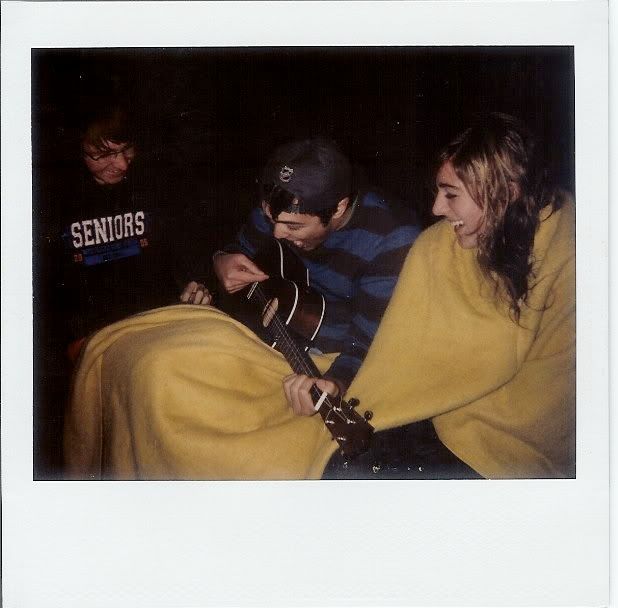 at MATT &KIM
at MATT &KIM 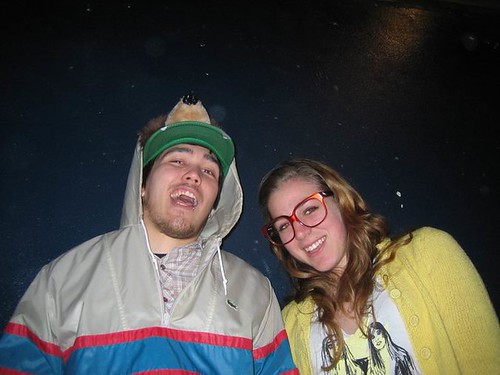 pool polaroid party
pool polaroid party  One of the greatest nature show locations in existence
One of the greatest nature show locations in existence  And plenty of photo adventures
And plenty of photo adventures 
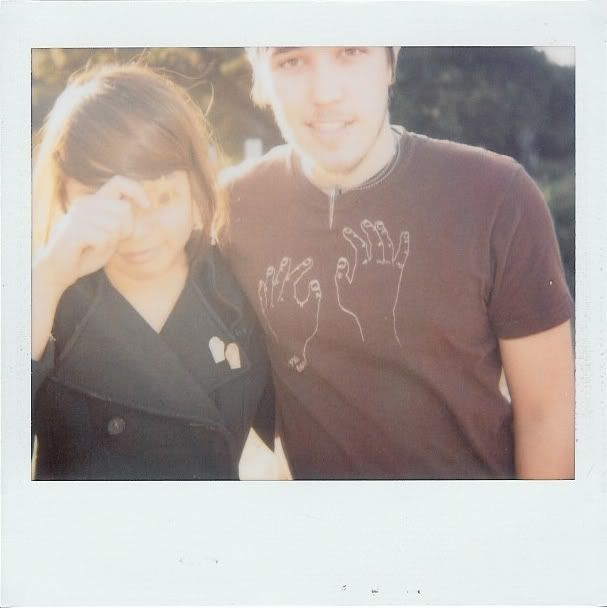
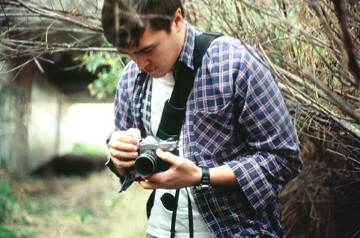
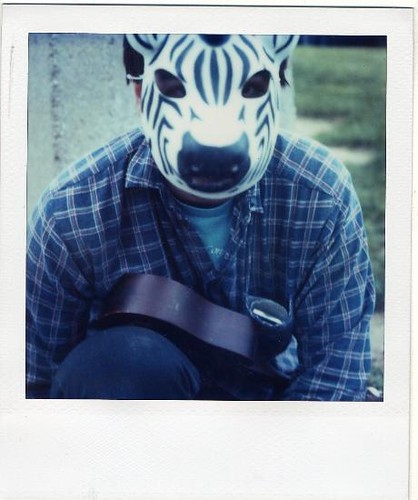
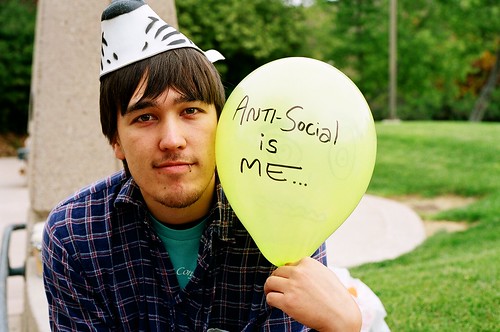 I miss you sitting in bed with alley and I when I am sick, and that one time you made me drive your car on the freeway...
I miss you sitting in bed with alley and I when I am sick, and that one time you made me drive your car on the freeway... Us as a giant omelet at the nature show we met at
Us as a giant omelet at the nature show we met at  at MATT &KIM
at MATT &KIM  pool polaroid party
pool polaroid party  One of the greatest nature show locations in existence
One of the greatest nature show locations in existence  And plenty of photo adventures
And plenty of photo adventures 



 I miss you sitting in bed with alley and I when I am sick, and that one time you made me drive your car on the freeway...
I miss you sitting in bed with alley and I when I am sick, and that one time you made me drive your car on the freeway...
